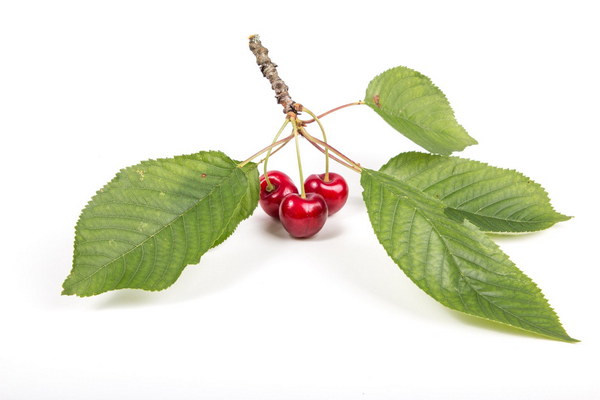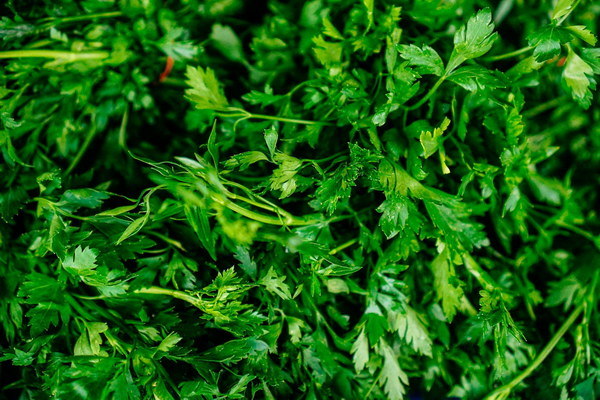Natural Kidney Care Traditional Chinese Medicine Methods for Strengthening Your Kidneys
In today's fast-paced world, taking care of our kidneys has become more important than ever. Kidneys are vital organs responsible for filtering waste from the blood, balancing electrolytes, and maintaining fluid balance in the body. Unfortunately, due to poor lifestyle choices and environmental factors, kidney health is often compromised. Traditional Chinese Medicine (TCM) offers a holistic approach to kidney care, utilizing natural remedies and methods to strengthen and protect the kidneys. This article will explore the various TCM methods for kidney care and how they can benefit your overall well-being.
1. Herbs and Supplements
TCM uses a wide range of herbs and supplements to support kidney health. Some commonly used kidney tonics include:
- Goji Berries (Lycium barbarum): Known as the King of Anti-Aging, goji berries are believed to boost kidney energy and improve fertility.
- Cistanche (Cistanche deserticola): Also known as Rabbit's Tail, this herb is used to nourish the kidneys, improve sexual function, and enhance vitality.

- Astragalus (Astragalus membranaceus): This herb has been shown to enhance immune function, improve kidney function, and protect against kidney damage.
- Corn Silk (Zea mays): A natural diuretic, corn silk is used to support kidney function and reduce inflammation.
- Rehmannia (Rehmannia glutinosa): This herb is often used to nourish the kidneys, improve fertility, and alleviate symptoms of kidney weakness.
2. Acupuncture
Acupuncture, a key component of TCM, involves inserting fine needles into specific points on the body to balance the flow of Qi (vital energy) and promote healing. Acupuncture can help improve kidney function, alleviate pain, and reduce inflammation. Some common acupuncture points for kidney care include:
- Kidney 1 (Kidney Source): Located on the inner ankle, this point is used to tonify the kidneys and improve overall energy levels.
- Kidney 3 (Kidney's Root): Found on the inner leg, this point is believed to strengthen the kidneys and enhance fertility.
- Bladder 23 (Shenque): Situated on the lower back, this point is used to support kidney function and alleviate back pain.
3. Diet and Lifestyle
A healthy diet and lifestyle can significantly impact kidney health. Here are some TCM recommendations:
- Eat a balanced diet rich in fruits, vegetables, whole grains, and lean proteins.
- Limit the intake of processed foods, excessive salt, and saturated fats.
- Stay hydrated by drinking plenty of water throughout the day.
- Exercise regularly to improve blood circulation and support kidney function.
- Manage stress levels, as chronic stress can weaken the immune system and lead to kidney problems.
4. Tai Chi and Qigong
Tai Chi and Qigong are gentle, meditative exercises that help improve balance, flexibility, and overall well-being. These practices promote the flow of Qi throughout the body, including the kidneys. Regular practice of Tai Chi and Qigong can enhance kidney health, reduce stress, and improve mental clarity.
5. Herbal Bath and Steam Therapy
Herbal bath and steam therapy are traditional methods used in TCM to nourish the kidneys and promote overall well-being. By combining herbal extracts and steam, this therapy helps to relax the body, improve circulation, and enhance kidney function. Some common herbs used in herbal baths include:
- Chinese Angelica (Angelica sinensis): Known for its ability to nourish the blood and support kidney health.
- Cinnamon (Cinnamomum cassia): Used to warm the body, improve circulation, and support kidney function.
- Coptis (Coptis chinensis): This herb is believed to have anti-inflammatory properties and can help alleviate kidney pain.
In conclusion, Traditional Chinese Medicine offers a wealth of natural methods to support kidney health. By incorporating these TCM practices into your daily routine, you can strengthen your kidneys, improve overall well-being, and reduce the risk of kidney-related diseases. Remember, it is always best to consult with a qualified TCM practitioner before starting any new treatment or therapy.









